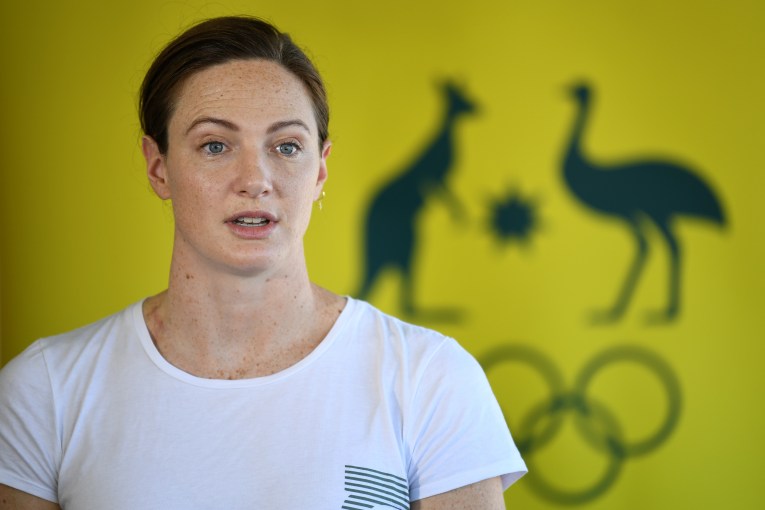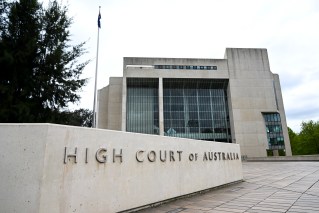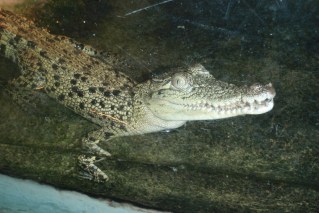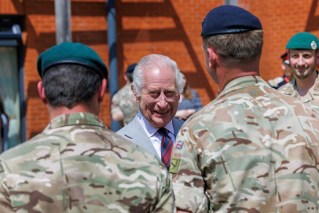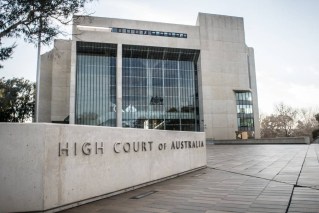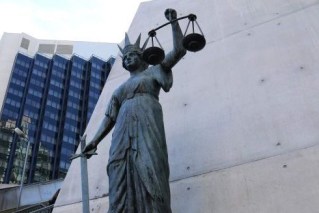Jailed for killing her four children, Folbigg ‘like Lindy’ says lawyer
A lawyer for Kathleen Folbigg has compared the convicted child killer’s case with that of Lindy Chamberlain as prosecutors concede there could be reasonable doubt over her guilt.
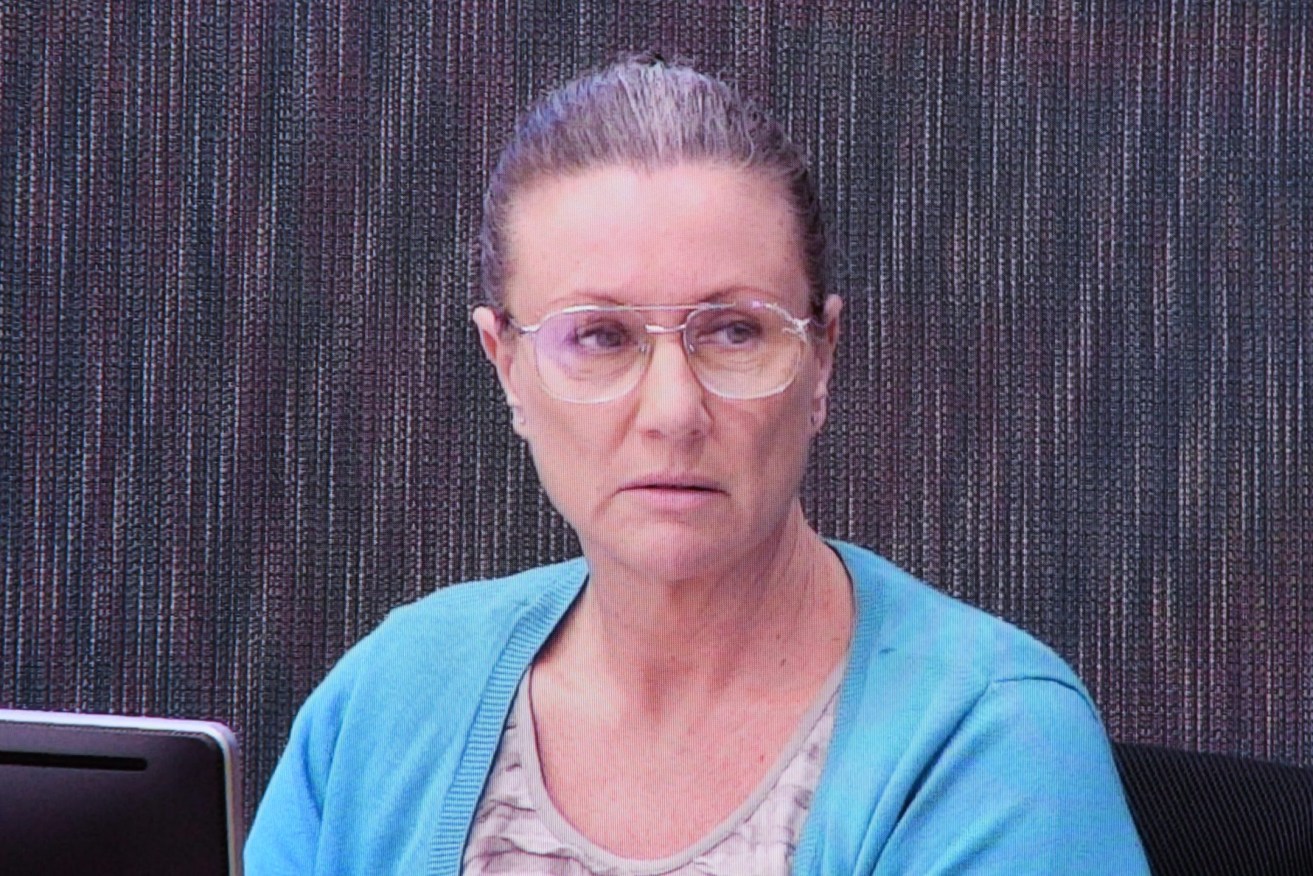
Kathleen Folbigg appears via video link during a convictions inquiry at the NSW Coroners Court in April 2019. The NSW Government will conduct another inquiry into her guilt. (AAP Image/Peter Rae)
In closing submissions at an inquiry into the 55-year-old mother’s convictions, former NSW chief justice Tom Bathurst KC was urged to consider the similarities between the Folbigg and Chamberlain cases.
Folbigg was handed a 25-year minimum sentence after being found guilty in 2003 of three counts of murder and one of manslaughter over the deaths of her four children.
She maintains her innocence, claiming the babies – Caleb, Patrick, Sarah and Laura – died of natural causes between 1989 and 1999.
Her barrister, Gregory Woods KC, said Ms Chamberlain’s conviction and eventual exoneration had come about in part due to the presentation of new evidence.
Ms Chamberlain was also “widely and publicly condemned” over her purported failure to show grief after telling authorities her daughter Azaria was taken by a dingo in 1980.
Ms Chamberlain and her husband Michael were convicted over the killing before eventually being exonerated after a series of inquiries.
“The evidence before the (2012) Morris inquiry, where Ms Chamberlain was vindicated, was significantly different to the evidence previously available to the High Court in 1984,” Dr Woods told the inquiry.
“Such is the case here. Those involved at earlier stages … did not have all the evidence, which this case has now.
“In our submission, it depends what evidence is before which court and which inquiry and at what time.”
Dean Jordan, representing the NSW Director of Public Prosecutions, admitted there was evidence that suggested Mr Bathurst could conclude there was a reasonable doubt to Folbigg’s conviction.
Some of the evidence presented was “beyond the contemplation of science” at the time of Folbigg’s original trial and fundamentally changed what prosecutors understood about Sarah and Laura’s deaths.
Dr Woods said diary entries made by Folbigg, which her ex-husband’s barrister Peter Hastings KC argued displayed a lack of grief and emotion, were not evidence of guilt.
Folbigg also demonstrated her grief outside of those diary entries, he said.
“We have detailed her repeated expressions of grief, not in the diaries, about losing her children,” Dr Woods said.
The ex-husband should also be considered an interested party within the inquiry, despite describing himself as objective, he added.
Other suggestions made by Folbigg’s ex-husband regarding her diary entries, including that she had shown a “lack of curiosity” about how her children died, were dismissed by counsel assisting Sophie Callan.
She said elements of the diaries appeared to show Folbigg at times “ruminating” on events while at other times taking lengthy gaps from writing.
Oral submissions to the inquiry finished on Thursday and Mr Bathurst is due to deliver his findings at a later date.
He could refer the Folbigg case to the Court of Criminal Appeal to consider quashing her convictions, or recommend the NSW governor directly grant her a pardon.
